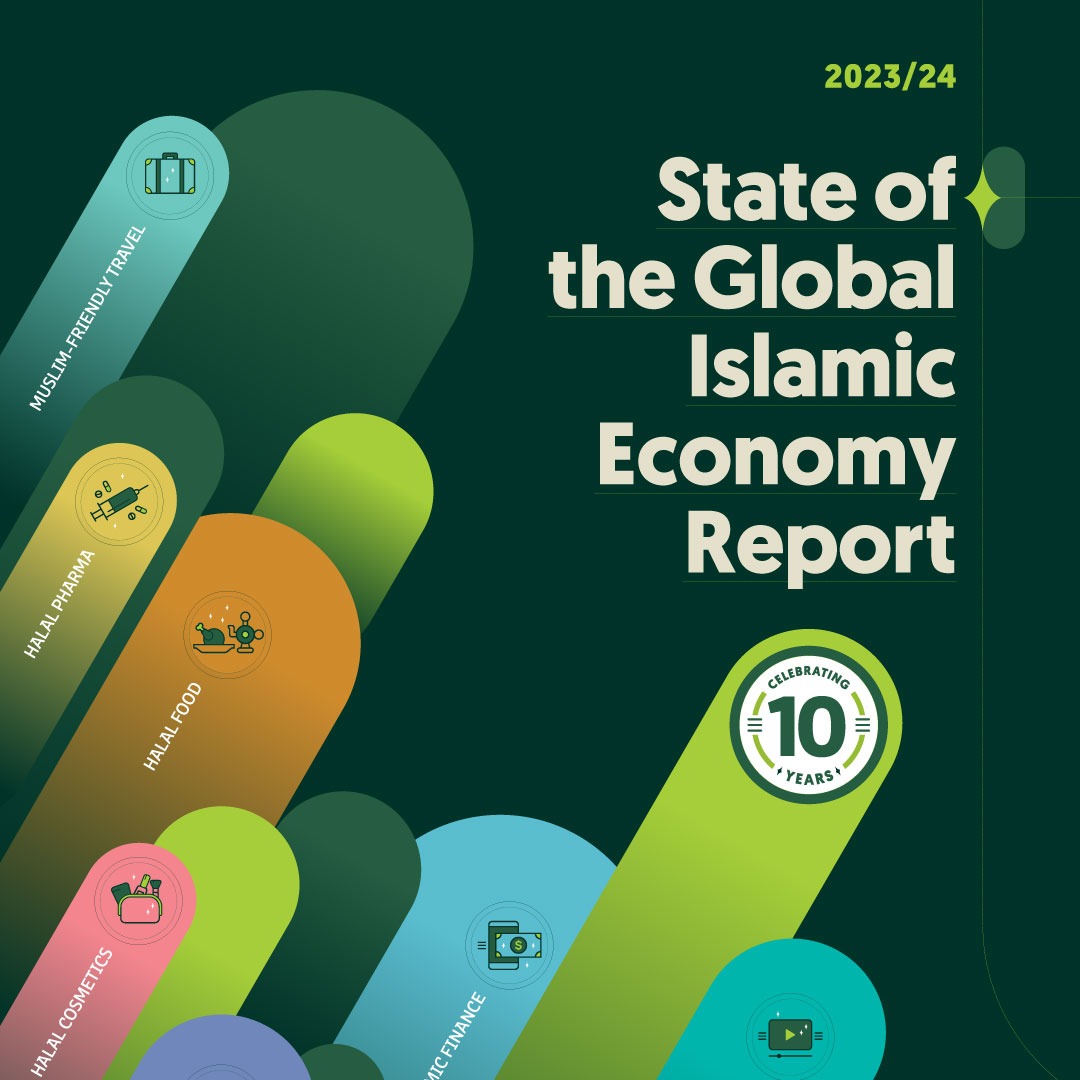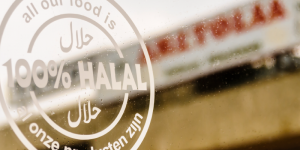Second annual report to highlight challenges and opportunities for the global Islamic economy
Local and global findings of Global Islamic Economy Indicator (GIEI) to be shared
 The Dubai Islamic Economy Development Centre (DIEDC in partnership with Thomson Reuters have announced that State of the Global Islamic Economy Report 2014 will be launched in December 2014. The report will present new insights into the development of the Islamic economy, particularly focusing on key players, geographic trends, and the challenges and opportunities in each segment of the Islamic economy.
The Dubai Islamic Economy Development Centre (DIEDC in partnership with Thomson Reuters have announced that State of the Global Islamic Economy Report 2014 will be launched in December 2014. The report will present new insights into the development of the Islamic economy, particularly focusing on key players, geographic trends, and the challenges and opportunities in each segment of the Islamic economy.
The report will also highlight key local and global findings of the Global Islamic Economy Indicator (GIEI), a numeric measure representing the overall health and growth of the Islamic economy. An independent multi-dimensional barometer, the GIEI defines the development of the global Islamic economy beyond the growth of its assets, focusing on awareness, governance and social metrics.
His Excellency Mohammed Abdullah Al Gergawi, Chairman of the DIEDC Board, said: “The UAE and more specifically Dubai’s Capital of Islamic economy model mandates us to assume a leadership role in developing knowledge and cultivating an understanding of the Islamic economy and the various forces driving its growth. The 2014 State of the Global Islamic Economy report provides fresh insight into the challenges and opportunities emerging within economic sectors that are critical to the long term prosperity of Muslim majority countries and the wider global economy.”.
Commissioned by the DIEDC, the 2013 edition of the State of the Global Islamic Economy Report that was also developed in association with Thomson Reuters , was a ground-breaking report that, for the first time, took a holistic view of the global Islamic economy across the seven key Islamic economy sectors, highlighting the convergence opportunities globally. The report, which was launched at the Global Islamic Economy Summit (GIES) in Dubai, in November 2013, received industry-wide attention regionally and globally and has been used as a reference point for understanding the impact of the Islamic economy on the global economy. .
His Excellency Essa Kazim, Secretary General of DIEDC, said: “The State of the Global Islamic Economy Report 2014 will be a guiding tool for all stakeholders and investors to further understand the huge economic potential, as well as the challenges of building an Islamic economy hub. The findings of the 2014 report will define a new wave of opportunities for commerce within the Islamic economy.”

Abdulla Mohammed Al Awar, CEO of the Dubai Islamic Economy Development Centre, said: “The State of the Global Islamic Economy Report 2014 will catalogue the developments that have taken place within the Islamic economy over the past 12 months, as well as providing a comprehensive picture of the important trends that are gathering momentum across the full spectrum of the Islamic economy. I am confident that its findings will help facilitate investments and industry growth, providing a solid framework for businesses to assess and evaluate market opportunities for each sector of the Islamic Economy.”
The State of the Global Islamic Economy Report 2014 is expected to reinforce the growth opportunities in the Islamic economy, particularly in the finance, halal and lifestyle segments. Growth of Islamic financial assets continues to outstrip growth of conventional financial assets at 15-20% per annum and is predicted to hit US $2 trillion in 2015. Meanwhile global expenditure by Muslims on halal food and lifestyle products is forecast to grow by 65% by 2018, to reach US $2.46 trillion.



